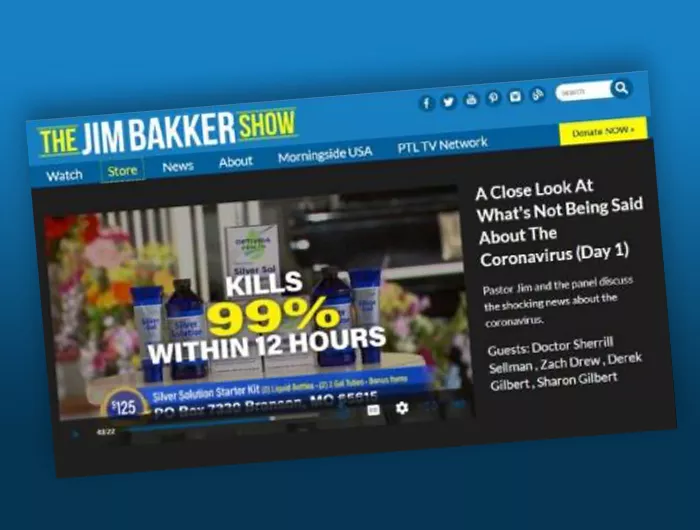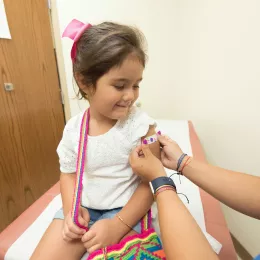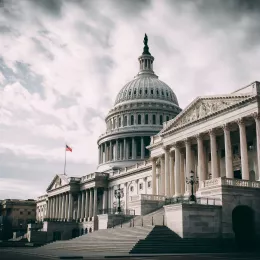Cracking down on those who sell false hope

Pear in mind: A blog in the public interest
By Peter Lurie
In February of 2020, I went to the NBC News bureau in northwest Washington, DC, to tape a segment on dietary supplements with Dr. John Torres, the network’s chief medical correspondent. Researchers here at the Center for Science in the Public Interest had identified and submitted to the Food and Drug Administration and the Federal Trade Commission 27 companies marketing 39 supplements as aids for women who were having difficulty conceiving. And we wanted to warn women that these companies were selling false hope.
With names like Pregnitude, OvaBoost, and Pink Stork, these companies weren’t (and most still aren’t) being terribly subtle. Worse, many of these manufacturers were comparing their untested pills and powders favorably to real medical treatments for infertility approved by the FDA. One company claimed its supplement was the “perfect natural alternative to fertility drugs or invasive treatments.” Another offered a user testimonial claiming the supplement worked “better than Clomid”—an FDA-approved medicine that stimulates ovulation.
Around the same time, a mysterious respiratory disease, caused by a novel coronavirus, had just been given a name: COVID-19. Appropriately, the news media pivoted to what would become a global pandemic. And the interview I taped with Dr. Torres never ran.
But it seems officials at the FDA and FTC were paying attention to our complaint, even as the pandemic raged. By late May of this year, the FDA and FTC had begun a crackdown on this category of dietary supplements by sending warning letters to five companies, three of whom were listed in our original letter to the agencies. (I say “begun” because the agencies can’t consider the job done given the number of companies continuing this illegal marketing in broad daylight. And they certainly can’t declare “job done” when they don’t even know how many companies are marketing such supplements.)
As it happens, the pandemic itself would inspire its own class of supplements marketed variously to prevent or treat COVID-19, including the colloidal silver sold by televangelist James Bakker and the vitamins and minerals sold by supplement salesman Joseph Mercola. We asked for enforcement action against those individuals, and in time it came for both.
While it’s reassuring to know that when the FDA receives complaints it sometimes takes action, the agency’s hands are tied—intentionally—by a very weak law that basically guarantees much illegal supplement marketing will go undetected and unpunished. And until Congress fixes the law, groups like CSPI will continue to blow the whistle as loudly and as frequently as we can, as law enforcement is relegated to playing Whack-a-Mole with a largely unregulated industry.
The Latest by Peter
Makary must stop the bleeding if confirmed to lead FDA
Government Accountability

Peter’s Memo: Goodbye Red 3, hello better labels
Advocacy

Mass layoffs at FDA will not make Americans healthier
Government Accountability

Trump administration firing of thousands of health agency employees will undermine food safety
Government Accountability

Stop the outbreaks of tomorrow by voting against Kennedy on Senate floor
Government Accountability


